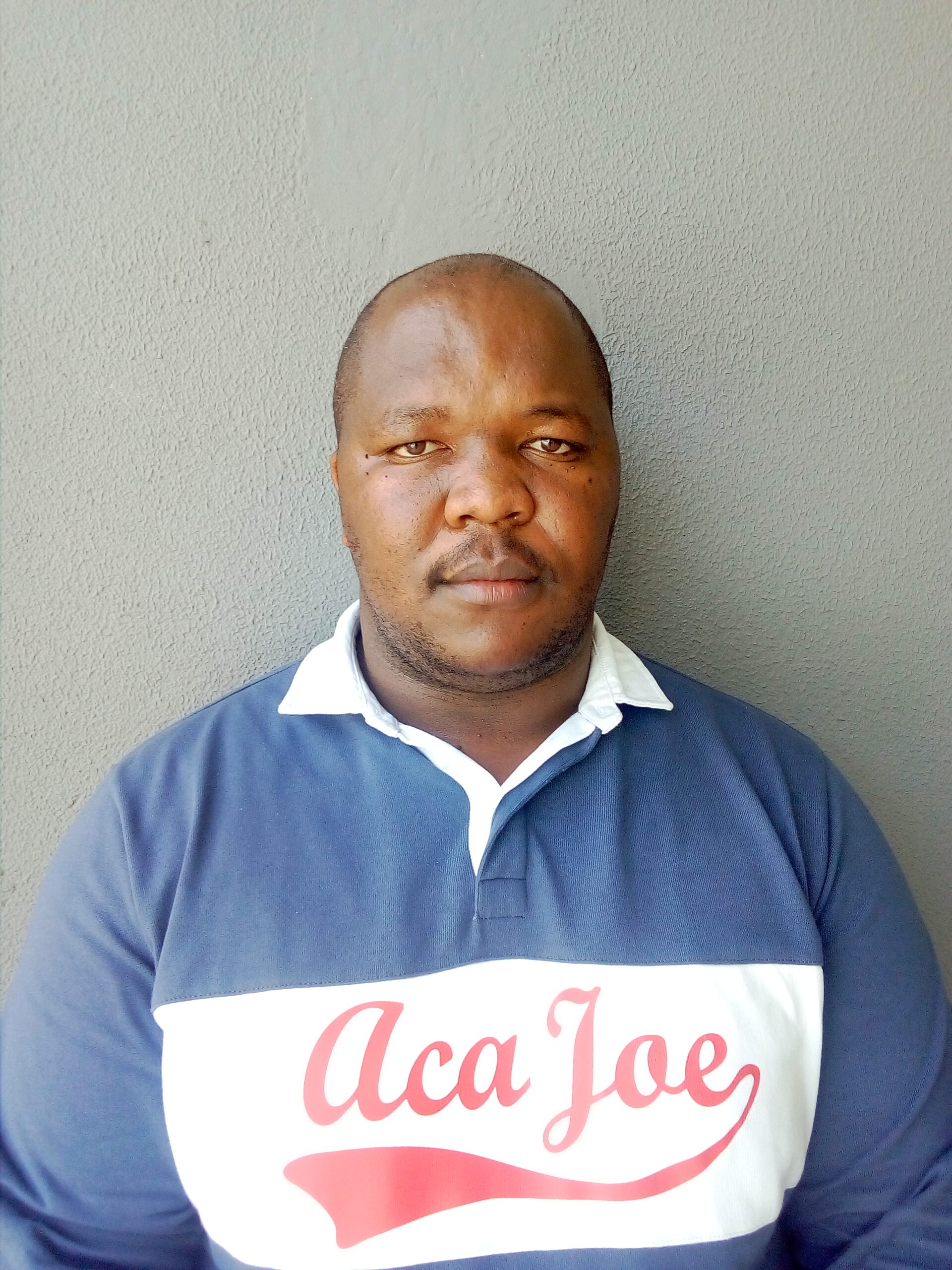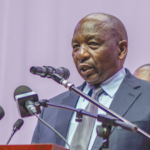… As unemployment deepens
Youth in Botha-Bothe are increasingly turning to unconventional livelihoods as unemployment continues to tighten its grip, despite government declarations and promises meant to confront the crisis.
Afrobarometer findings released in August 2025 paint a bleak national picture: 62 percent of young Basotho are unemployed and actively seeking work. Young people cited lack of experience (26 percent), reluctance to accept certain types of work (24 percent), and insufficient training (18 percent) as key barriers to employment.
Although Prime Minister Ntsokoane Matekane declared youth unemployment a national disaster in June, little progress appears to have been made. No updated figures have been released on how many young people have since been absorbed into the labour market.
In Botha-Bothe, the effects are visible and painful. Many young people, despite holding school qualifications, remain trapped in a cycle of joblessness and survival-driven hustles.
Khotso Selimo, from Phaphama, abandoned school in 2021 while in Grade B after his parent lost their job. He sacrificed his education to allow his sibling to continue theirs. After selling fat cakes, he ventured into street photography in 2024.
Today, he mostly works as a tout for Catch a Ride taxis, often clashing with public transport drivers. Selimo believes his real talent lies in Sesotho hip-hop and hopes for support to turn music into a sustainable career.
Tebello Katali, from Serutle, also turned to street photography in October this year after previously selling moroho at home. A 2021 high school graduate who could not afford tertiary education, he now supports his family.
Katali dreams of creating jobs for others and is researching tea production as a viable business but needs capital to bring the idea to life.
From Thabong, Alex Moloi dropped out of a Tourism Management course at Lerotholi Polytechnic after realising it was not aligned with his aspirations, something he attributes to the lack of mentorship and career guidance.
Moloi now juggles work in the Catch a Ride sector with running a small photocopying business. He believes young entrepreneurs like him need financial support to thrive, though past collaborations with peers have not always ended well.
Mafa Mahlaha, from Baroeng, also works in the local taxi sector. He completed high school but could not further his studies. His workdays start before dawn and end late, sometimes forcing him to hide from public transport drivers who view touts as rivals. Mahlaha wants to acquire practical skills that would help him earn a stable living.
In her budget speech earlier this year, Finance and Development Planning Minister Dr. Retšelisitsoe Matlanyane introduced the Inclusive Growth Fund, earmarked as a key instrument to stimulate private-sector-led job creation and support youth entrepreneurship.
“The Government has allocated M400 million towards the Inclusive Growth Fund… prioritising women- and youth-led enterprises,” she said, noting partnerships with commercial banks to improve liquidity and reduce credit barriers.
But seven months later, the fund remains inaccessible. The government has not created the required legal instruments to operationalise it, leaving thousands of youth-led SMMEs and SMEs unable to tap into the promised capital.
Botha-Bothe District Administrator Tšepa Cheba remains optimistic that ongoing development initiatives will inject jobs into the district economy. He cited the Lesotho Lowlands Water Development and Sanitation Project, Phase III (LLWDP II) as a potential source of substantial employment.
Cheba said negotiations are underway to ensure that 60 percent of these jobs benefit young people. He also referenced the newly launched upgrade of the 9.5-kilometre gravel road linking Ha-Paramente, Seboche, Ha-Lebetla, and Khukhune to the main tarred road, promising to lobby for broader youth participation in the project.
For now, Botha-Bothe’s youth remain caught between ambition and harsh reality. With government programmes stalled and formal job opportunities scarce, many continue to carve out livelihoods through street photography, taxi touting, and small informal trades.
Summary
- Youth in Botha-Bothe are increasingly turning to unconventional livelihoods as unemployment continues to tighten its grip, despite government declarations and promises meant to confront the crisis.
- Katali dreams of creating jobs for others and is researching tea production as a viable business but needs capital to bring the idea to life.
- From Thabong, Alex Moloi dropped out of a Tourism Management course at Lerotholi Polytechnic after realising it was not aligned with his aspirations, something he attributes to the lack of mentorship and career guidance.

Thoboloko Ntšonyane is a dedicated journalist who has contributed to various publications. He focuses on parliament, climate change, human rights, sexual and reproductive health rights (SRHR), health, business and court reports. His work inspires change, triggers dialogue and also promote transparency in a society.









